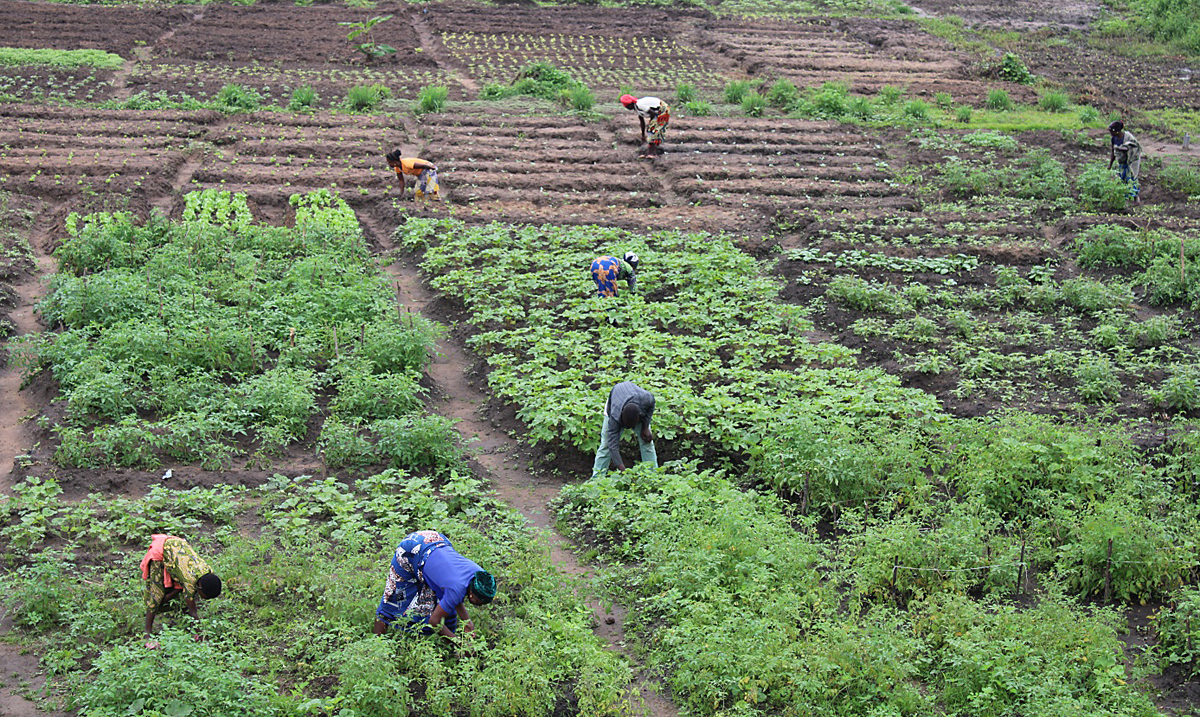Promotion of agro-ecology
The Project
The state of agricultural and forest land in Benin is concerning. More than 40% of agricultural land is degraded, and about 75,000 hectares of forest are lost each year. The representative of the United Nations Development Program (UNDP) confirmed this at the launch of the project “Restoration and Enhancement of Degraded Lands and Forest Ecosystems for Better Climate Resilience in Benin.”
In 2021, the Borgou region, where the Hubi & Vinciane Foundation operates, was sadly the leader with more than 90% (!) of degraded land. The main cause lies in the excessive use of pesticides and chemical fertilizers. This situation is detrimental to agricultural productivity and, consequently, to food supply.
Benin has set a goal to restore at least half of the degraded agricultural land by 2030 and to stop the degradation of other lands. The aim is to guarantee food security for the population and increase their purchasing power.
The Foundation supports Beninese government’s goals through its projects. To this end, the local team assists farmers in transitioning to agro-ecological farming.
Objectives
By focusing on agro-ecological farming, the Foundation aims to increase agricultural productivity and food production to combat malnutrition among the local population.
Project Description
The Foundation’s agronomists teach farmers (men and women) how to work ecologically. They show them, for example, how to diversify and associate crops, trees, and animals, and how to better protect their agricultural plots. Environmentally friendly preservation techniques are also covered during the workshops. Workshop participants receive free seeds for legumes, vegetables, grains, and even fruit trees.
Results and Developments
Since the start of the project, more than 1,000 farmers have adopted the diversification method. Thanks to the use of biopesticides, organic fertilizers, and environmentally friendly farming techniques, they now grow and harvest grains, vegetables, and fruits (bananas). The combination of livestock and crop farming is also increasingly practised.
However, our agronomists still have a lot of work ahead of them: training and follow-up remain necessary to make farmers resilient to the effects of climate change.


